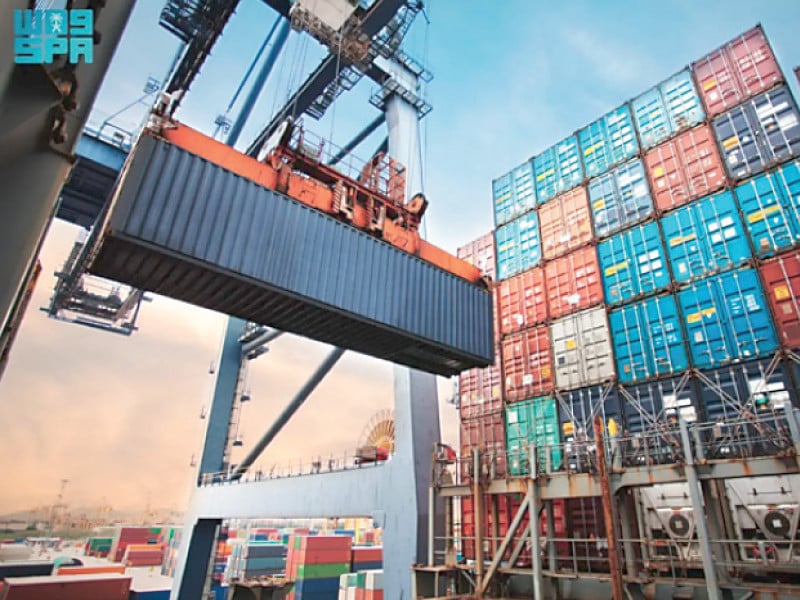
The government on Monday tightened conditions for availing the export facilitation scheme (EFS) after manufacturers massively misused a facility intended to boost exports.
The Economic Coordination Committee (ECC) of the Cabinet approved major amendments to the 2021 Export Facilitation Scheme, aiming to limit its misuse and prevent tax evasion through raw material imports. A key issue was manufacturers avoiding the newly introduced 18% sales tax by importing raw materials instead of purchasing them locally.
Finance Minister Muhammad Aurangzeb chaired the ECC meeting, which also approved nearly Rs3 billion in additional funds for procuring arms, ammunition, and land for anti-smuggling check posts.
In a press release, the finance ministry stated that the ECC had approved a summary submitted by the Revenue Division to introduce necessary policy interventions in the Export Facilitation Scheme (EFS) 2021. The objective was to plug revenue leakages without disturbing compliant exporters.
Among the key changes, the ECC replaced insurance guarantees for imported raw materials with bank guaranteesa significant step to curb misuse. It also shortened the utilisation period for imported raw materials from five years to just nine months, with an additional three-month extension subject to committee approval. Manufacturers had been reselling imported raw materials in local markets and replacing them with domestic ones to evade taxes.
To counter attempts to avoid the 18% sales tax on local supplies under the EFS, manufacturers had increasingly turned to raw material imports, further straining foreign exchange reserves. Pakistan's imports remained above $5.2 billion for the second consecutive month in January, resulting in an 18% increase in the trade deficit.
Following recommendations from two cabinet ministers, the Ministry of Commerce will review the entire scheme by the end of March to strike a balance between local and imported sales-tax-exempted materials.
Additionally, relevant departments have been authorised to cross-check input-output ratios against factory production capacity. Vendor facilitation controls, sample withdrawals to verify imported input usage in exported goods, and stricter monitoring mechanisms have been introduced to prevent misuse.
The government has also withdrawn the export facilitation scheme for iron, steel, and scrap importers who were merely extracting copper without adding value.
Introduced in 2021, the scheme was designed for exporters, manufacturer-exporters, commercial exporters, indirect exporters, common export houses, vendors, and international toll manufacturers. Users of the scheme had to be vetted by the Collector of Customs and the Director General of the Input-Output Organisation (IOCO). Inputs included raw materials, spare parts, components, equipment, and machinery, all of which were exempt from duties and taxes. Local supplies of inputs to authorised users were also zero-rated.
The misuse of the scheme raises concerns about the effectiveness of the Federal Board of Revenue's (FBR) WeBOC system and Pakistan Single Window, both of which failed to ensure proper implementation.
The government had initially envisioned that the scheme would reduce the cost of doing business and tax compliance, but widespread misuse has undermined its intended benefits.
Separately, the ECC also approved a proposal by the Revenue Division to release a technical supplementary grant of Rs2.8 billion for the procurement of arms and ammunition, as well as for engaging NESPAK as a design consultant for Digital Enforcement Stations (DES) and check posts. The government had initially sought these funds from the World Bank, but the lender's policies do not support such procurements.
Additionally, the ECC approved a proposal by the Ministry of Interior to release Rs494.6 million to Frontier Corps KP (North) for constructing barracks and check posts.
Regarding another proposal by the Interior Division for the release of Rs1.8 billion for smooth execution of Reko Diq project activities, the ECC directed that the proposal be resubmitted in the next meeting with clear details on how the funds would be utilised, as regular allocations had already been made for current expenditures.
Furthermore, the Cabinet body approved an amendment to a February 16, 2024, mediation agreement concerning claims by K-Electric for tariff differential subsidies, as well as payables to various state-owned enterprises (CPPA/NTDC and SSGC). The ECC specified that this amendment would not result in any tariff increases.

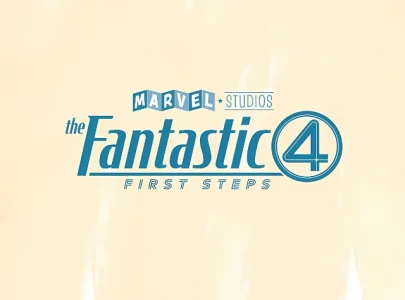


1719131916-0/Lily-Allen-and-David-Harbor-(1)1719131916-0-165x106.webp)


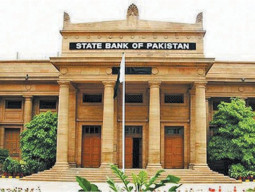

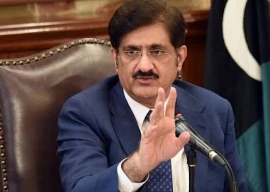
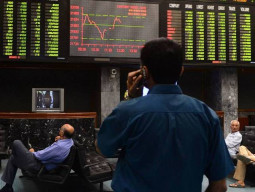



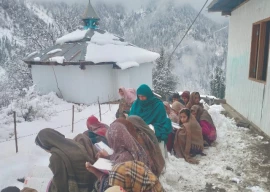
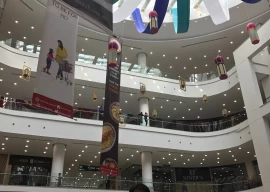

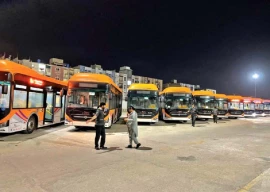






COMMENTS
Comments are moderated and generally will be posted if they are on-topic and not abusive.
For more information, please see our Comments FAQ